Mindblown: a blog about philosophy.
-
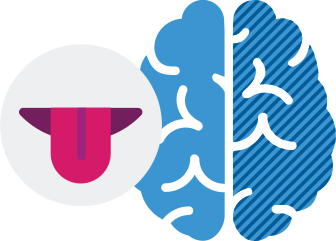
Sweet vs. Salty Taste Preferences & Genetics
How it works With each bite-or sip-our taste buds send signals to a brain area called the “primary gustatory cortex” that helps identify taste. Another area, the “orbitofrontal cortex”, helps judge whether you like these tastes. Other brain areas help us decide whether we want to keep munching or we’ve had enough. The genetic link…
-
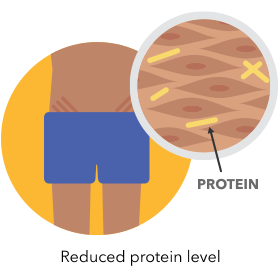
Stretch Marks & Genetics
How it works Stretch marks are a type of scarring that look like stripes on the skin and are commonly found on the hips, thighs, and abdomen. They often develop when the skin stretches during a quick period of growth, like during adolescence, pregnancy, or rapid weight gain. The genetic link 23andMe scientists identified 544…
-
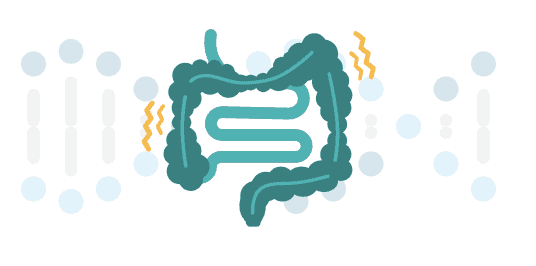
Is Irritable Bowel Syndrome Genetic?
Explore IBS and what your DNA can tell you What is irritable bowel syndrome (IBS)? Irritable bowel syndrome, or IBS, is a disorder that impacts the large intestine. It causes symptoms like abdominal pain, cramping, bloating, gas, and changes in bowel movements, including diarrhea, constipation, or both. The cause of IBS is not well understood.…
-

Cat Allergy
What is cat allergy? Allergies occur when the immune system mistakes a normally harmless substance, called an allergen, for a harmful one. When the immune system detects an allergen, it triggers an immune reaction in an attempt to protect the body. In the case of cat allergy, the immune system reacts to certain proteins found…
-
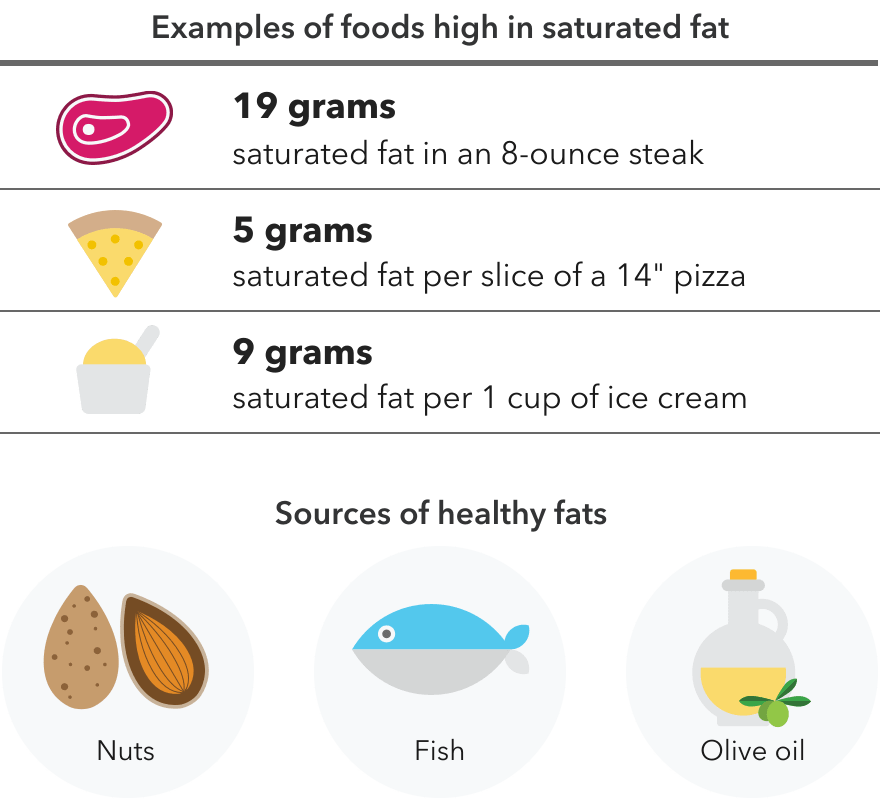
Saturated Fat and Weight
How can dietary fat impact our health? Fats are an important part of a healthy diet: they give you energy, help build your cells, and help you absorb certain vitamins. There are three main types of fats, but not all types are equally healthy. Saturated fats are found primarily in red meat and full-fat dairy…
-

Dog Allergy
What is dog allergy? Allergies occur when the immune system mistakes a normally harmless substance, called an allergen, for a harmful one. When the immune system detects an allergen, it triggers an immune reaction in an attempt to protect the body. In the case of dog allergy, the immune system reacts to certain proteins found…
-
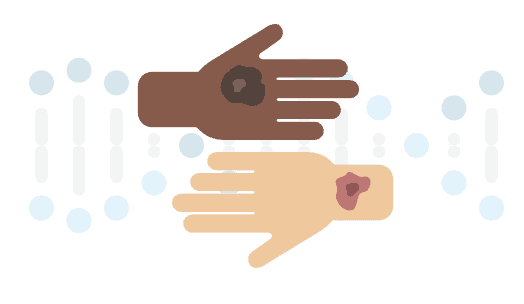
Are Basal and Squamous Cell Skin Cancers Genetic?
Explore Basal and Squamous Cell Carcinoma and what your DNA can tell you What are basal and squamous cell skin cancers? Basal cell carcinoma (BCC) and squamous cell carcinoma (SCC) are the two most common types of skin cancer. They begin in basal cells and squamous cells, which are found in the outer layer of…
-
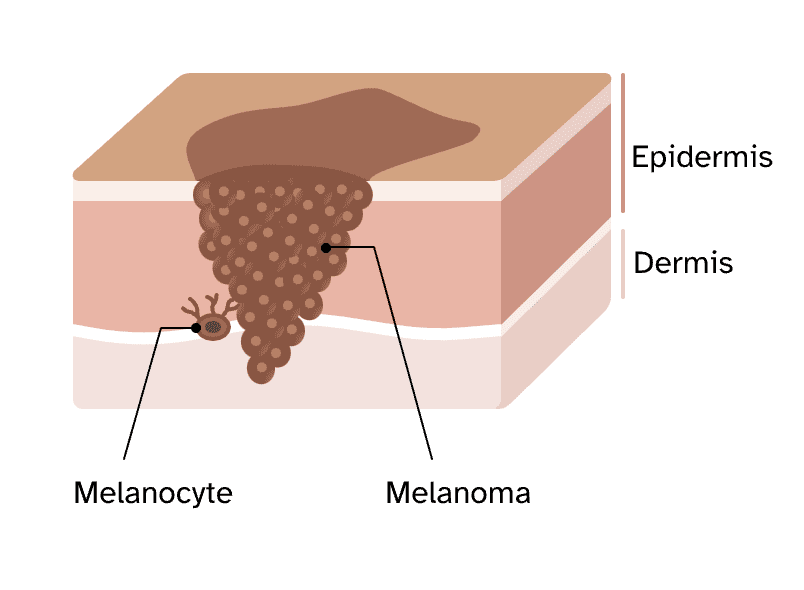
Is Melanoma Genetic?
Explore Melanoma and what your DNA can tell you What is melanoma? Melanoma is the most serious type of skin cancer. It begins in melanocytes, which are cells that make melanin — the pigment that gives the skin its color. The most common cause of melanoma is too much exposure to ultraviolet (UV) light from…
-

Nearsightedness
What is nearsightedness? Nearsightedness, also called myopia, is a common eye condition that affects distance vision. Most cases of nearsightedness develop in childhood and stabilize in severity by early adulthood. People with nearsightedness tend to see nearby objects clearly, but objects farther away are blurry or unfocused. This occurs when the shape of the eye…
-

A Family Tree
What is a family tree? A family tree is a genealogy chart that illustrates the descent of individuals, their family members and the structure of how they are related. The chart is arranged from oldest generations moving down to younger generations. How is a family tree used? A family tree is a genealogy chart that…
Got any book recommendations?